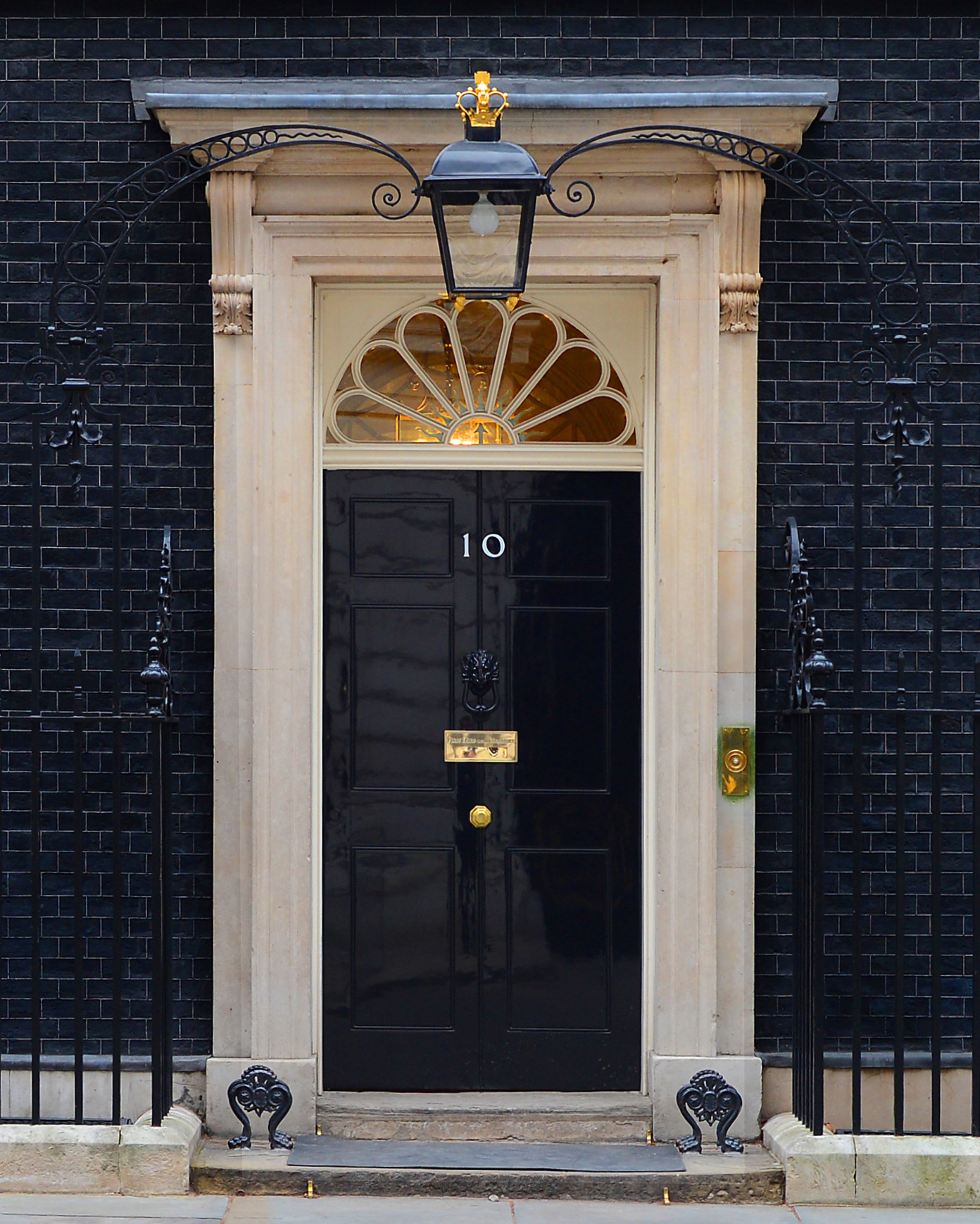Dr Susan Kenyon reflects on Keir Starmer and Rishi Sunak’s performance in their first head-to-head television debate of the 2024 general election.
The first UK leader’s debate of the 2024 general election was light on policy, but heavy on politics.
This was a classic power struggle between rivals, but they didn’t aim to persuade you of their vision for the future of Britain. Rather, their focus was on persuading you of their positive personal qualities, in sharp contrast to the negative personal qualities of their competitor.
This is because, when we seek to influence others – in this case, influencing you to vote – a personal connection is key. The first step in building a connection is understanding. Understanding who you seek to influence enables you to focus on key triggers, or biases, that will appeal to them. This isn’t just practical. It makes them feel visible, which in turn makes them feel as though they matter to you. There are few things more powerful in making a connection.
We saw this in the debate. Starmer was keen to stress Sunak’s distance from the real-world experiences of the general population, repeatedly drawing on his parents’ backgrounds as a toolmaker and nurse to show personal connection to the cost of living crisis, the NHS, state education. The message: I am like you. Sunak’s attempts to do the same were less successful, as he was associated with private education, private healthcare and non-dom tax status.
To build on this first spark of association, the second step is to tap into the key principle of persuasion, first summarised succinctly by Robert Cialdini in 1984, that will appeal to your target audience.
Starmer’s task was seemingly simpler than Sunak’s. Without the baggage of 14 years in government and with the advantage of relative obscurity, Starmer simply needed to focus on persuading the audience to like him, whilst pointing out reasons to dislike Sunak, based on his record in government.
Arguably, however, Sunak employed the more effective principle on the night: commitment and consistency. Sunak’s achievement was target what he suggested was a lack of commitment and consistency from Starmer, in policy and behaviour, seeking to raise the red flag of untrustworthiness amongst the watching audience.
With early polls suggesting that neither candidate ‘won’ this debate, it is critical for the leaders to refocus on deepening their core connections, using these principles of persuasion, before the next debate.
The victor in this power struggle will be the leader who most successfully understands and personally connects with their audience. I can’t wait to see how effectively they do this, in the coming debates.
This blog first appeared on the CCCU expert comment on 5 June. https://blogs.canterbury.ac.uk/expertcomment/persuasive-politics-the-election-debate-gets-personal/
Dr Susan Kenyon is a Principal Lecturer in Politics, where she teaches the innovative, ground-breaking modules ‘How to Change the World’ and ‘Insight for Impact’.
 Politics
Politics Laura Cashman
Laura Cashman 819
819


